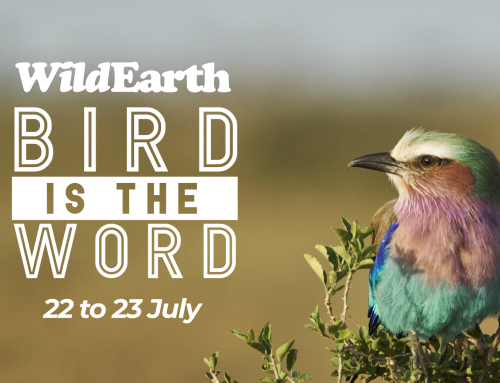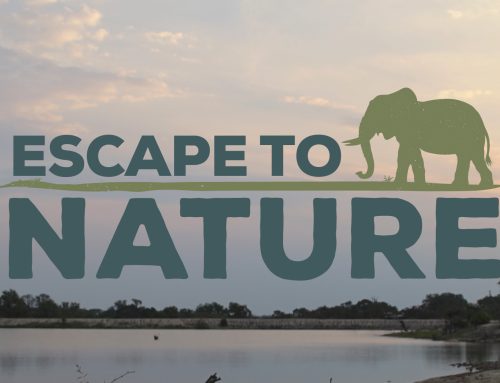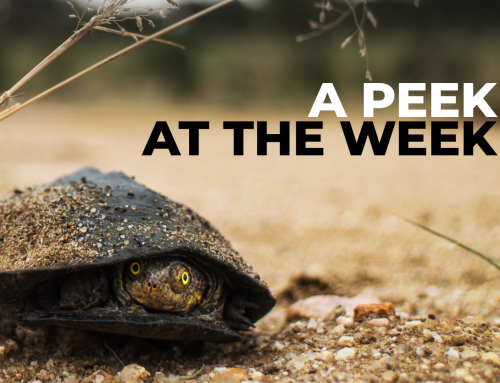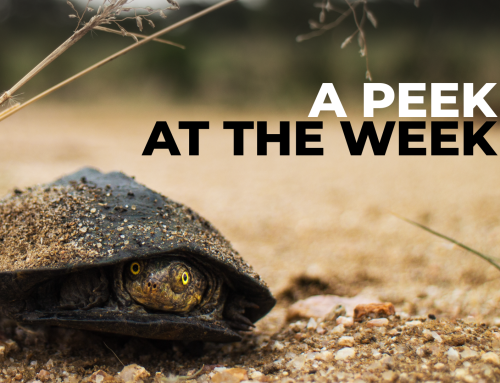I would like to first ask you a few questions, and for this I am going to combine frogs and toads under the same heading, amphibians.
So what would the world look like without amphibians and would we miss them?
Would it matter if they were gone?
Would it matter if we never heard their chorus again?
Would anyone even notice?
In ancient Egypt, amphibians of the life giving Nile River, with their seasonal tadpoles, symbolised both fertility and resurrection. In Southern Africa, there are strong cultural beliefs about amphibians as the bringers of rain, and good fortune. European fairy tales speak of frogs with imagery of witchcraft, the essences of transformation being that frogs live freely in water with gills and a tail, and are slowly able to emerge from the water, growing legs and lungs for terrestrial life.
To discuss this topic further, we need to truly understand the vitally important ecological function that amphibians play in the global environment, and the factors which most affect them. Amphibians play a pivotal role in the food web within most ecosystems, being herbivores as tadpoles and omnivores as adults. They also form an important source of prey for many other species. Adults are regarded as important biological pest controllers and tadpoles play a major role in nutrient recycling through wetland systems.
Amphibians are also regarded as sound ecological indicators due to their high degree of sensitivity to the environment. The Greek Amphibios means to live a double life –Amphi– meaning both kinds, and –Bios– meaning life. Tadpole in water and adult on land – although adult frogs are still very dependent on water. Therefore frogs are good indicators of slight changes in water and air quality.
Now let me check, don’t we as humans require both of these for survival?

Over the past two decades there is overwhelming evidence of the global decline of amphibian species. Let’s delve a little further into the most obvious causes so as to understand what changes in the environment affect amphibians.
- Amphibians lay their eggs in water, and these have no outer protective shell and are very sensitive to Ultraviolet B rays that have increased with the depletion of the Ozone layer.
- Amphibians absorb water and breath through their skin, lacking any protective outer layer. This makes them extremely sensitive to the slightest chemical pollutants or toxic substances. What does the future hold with the ongoing plethora of toxic gases, herbicides, pesticides, and fertilizers flooding our waterways and choking up our atmosphere.
- The removal of wetlands for agriculture, housing and road development has not only led to fragmentation and decreased suitable habitats but formed barriers between populations.
- Amphibians are very sensitive to invasive species and diseases in the form of viral, fungal and bacterial infections, all of which are increasing due to human activities.
- They are also being harvested on a massive scale for not only the food and pet trade but also for the ever intensifying pharmaceutical industry.
Amphibians on a global scale can be seen as the canary, used all those years ago to test for poisonous gas in coal mines. The miners, used the canary as an early warning sign for increasing levels of toxic gas. The canary would die at levels still too low to kill the miners. In essence the canary warned the miners of the danger that was to come.
Today we should be very aware of the disappearance of amphibians, these early warning signs of things to come. Their disappearance should be the topic of government legislation, leading to the creation of environmental policies to mitigate the wanton destruction and devastation of this world and its resources, that we as a species also depend on to survive.
In the future, would the fairy-tales change in the West? What bedtime stories will we tell our children? The princess and her… prince? What dances will the people of Southern Africa dance when there is no chorus after the rains? What would the ancient Egyptians think of our civilization? Would they be proud? Are you?
Written by: Steve Faulconbridge





